Denmark and Britain have recently included Rwanda as an intermediary country for asylum seekers, but is it beneficial for refugees? Staff writer Tilde Bergström examines this issue.
Welcome, but not here: outsourcing asylum seekers
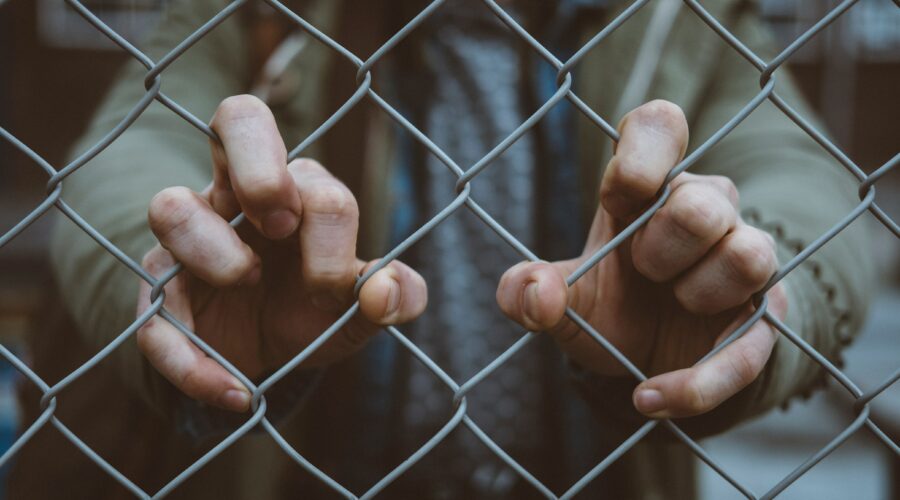
The magazine from the Society of International Affairs in Gothenburg

Denmark and Britain have recently included Rwanda as an intermediary country for asylum seekers, but is it beneficial for refugees? Staff writer Tilde Bergström examines this issue.
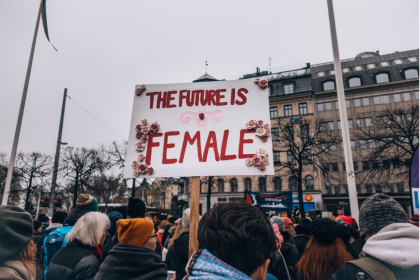
During the past decade, Feminist Foreign Policy has been adopted by many countries promoting gender equality in global affairs, but are those nations using the concept as norm diffusion or merely political branding? Staff writer Axèle Maillard Arricot analyzes this issue.
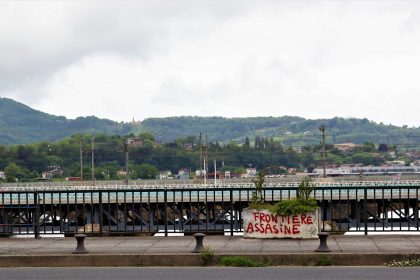
Staff writer Adriana Abril was inspired by a field trip to Irun, Spain, to present the situation in and around the Bidasoa River. The first article of the new publishing year of Utblick Magazine explores the conditions there and asks: “Should this river be considered a deadly trap?”
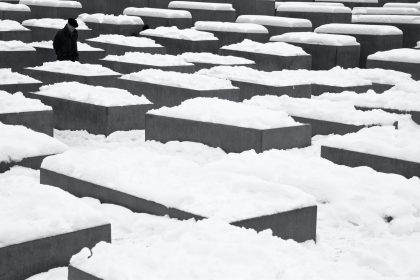
This summer, the first Swedish Holocaust museum in Stockholm will welcome visitors. Staff writer Tanyalak Thongyoojaroen interviewed its Director, Katherine Hauptmann, about the museum’s role in preserving historical memory and the need to discuss Sweden’s actions during the war.
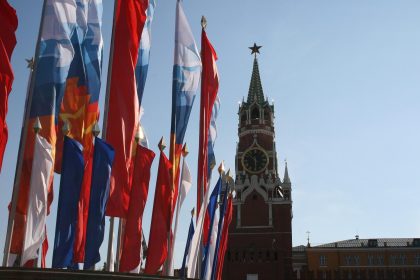
The integration of post-soviet Russia into the Western sphere is a still-pending debate. In this opinion piece, Guest writer Tarik Mert argues that change may be on the horizon when it comes to Soviet worldviews within Russia.
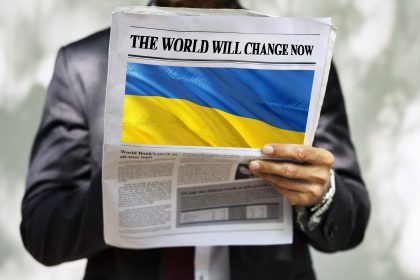
Staff writer Dominique Keizer writes on the Minsk I and II agreements and how the logic of the Warsaw Pact still affect today’s high politics between Russia and Eastern Europe.
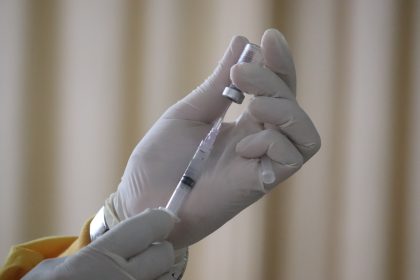
In the DACH-countries, vaccine opposition has been a consistent feature throughout the pandemic. Although demonstrators in the three countries come from varying backgrounds, one common denominator can be identified: the increasing presence of far-right actors attempting to instrumentalize the demonstrations for their own gain.
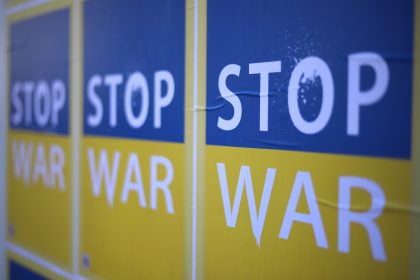
Russia’s invasion of Ukraine raises several questions pertaining to the provisions of international humanitarian law. In this opinion piece, Staff writer Adrian Kokk argues the importance of spreading awareness about the Russian regime’s possible war crimes in Ukraine from the perspective of International Criminal Law.
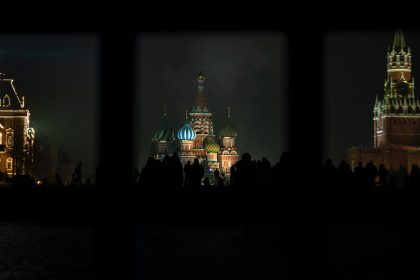
As cities are shelled and a nation is set on fire by the Russian army, there is a great need for orientation in understanding the behavior of the Kremlin. This article by Johannes Malmgren is intended as an attempt at historically situating Russia’s aggression.